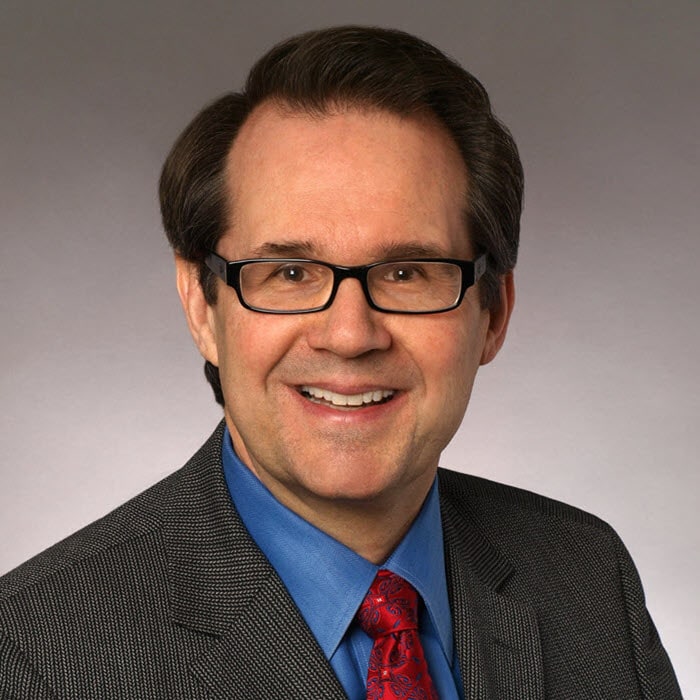There’s magic in resilience has been saved

Perspectives
There’s magic in resilience
What performance arts can teach us about leadership
Dr. Will Houstoun, PhD and performer in residence at Imperial College London’s Royal College of Music in the Centre for Performance Science, shares how using the art of magic and performance can help doctors, patients, and business leaders in Becoming Resilient.
What medicine - and management – can learn from magic
How can the unlikely marriage of medicine and magic inspire us as resilient leaders? In this episode, Dr. Will Houstoun, the performer in residence at Imperial College London’s medical school, describes how he bridges the disciplines of medicine and magic to train tomorrow’s surgeons. His insights into handling disruption, embracing the audience’s assumptions, and using risk to innovate are as relevant for today’s business leaders as they are for Dr. Houstoun’s craft.
Magic is fundamentally about assumptions. The real power in magic, I think, is that it proves we tend to not think we're making all of these assumptions. Magic's that little reminder that you are making assumptions all of the time. Approaching things with that openness and looking for connection rather than looking for differences seems to be a better way forward.
About our guest
For more information on Will Houston, visit www.drhoustoun.com
Keep coming back to Becoming Resilient, a new track on the Deloitte Resilient podcast.
Resilience is a topic that has many different dimensions. Listen to all our episodes with Bill Marquard and other leaders on Becoming Resilient.
Transcript
Bill Marquard: Welcome to Resilient. I'm Bill Marquard, a managing director with Monitor Deloitte and host of Becoming Resilient. During this series, we explore the connections that wide ranging topics have to business issues and bring you insight from others in their own journeys to becoming resilient.
For example, what can magic teach us about resilience?
Today's guest is Dr. Will Houstoun, a performer-in-residence at the Medical School of Imperial College, London. He helps physicians-in-training to develop better doctor-patient interactions from his own experience as a magician, performing for audiences. Will is a PhD and a lead magician also for Breathe Arts Health Research, a London-based nonprofit. He uses magic to help young people with brain injuries develop function, cognitive abilities, self-confidence, and independence.
Will Houstoun: Magic is fundamentally about assumptions. The real power in magic, I think, is that it proves we tend to not think we're making all of these assumptions. Magic's that little reminder that you are making assumptions all of the time. Approaching things with that openness and looking for connection rather than looking for differences seems to be a better way forward.
Bill Marquard: I hope you enjoyed this preview. Listen to the full episode on your favorite podcast app, we're on Apple podcasts, SoundCloud, Stitcher, Amazon Music, Spotify, or wherever you go to get your podcasts.
If you're curious about how other leaders are navigating their own paths to becoming resilient, I encourage you to visit our Global Resilience Hub at deloitte.com/resilience.
Until next time, stay curious, find the connections, and continue your journey of Becoming Resilient.
Stay ahead of the curve
Subscribe to receive the latest Resilient podcasts and related information about the series.
How can you lead through crisis and disruption? Find out on Resilient, the podcast of authentic and engaging conversations with leaders who don’t leave adversity where they found it. Launched in 2016, the series broke new ground by featuring interviews with those who embody resilience and went on to win the Gold-level AVA Digital Award and Gold-level MarCom Award.
Resilient leaders don’t take obstacles as the final answer, nor do they allow adversity to define them; hear their personal stories of resilience here. And for more in the series, visit the Resilient podcast library page.

Recommendations
Leadership lessons from Leonardo
Learn five leadership lessons on how the convergence of art and science can help improve everything from strategic planning to performance management.








